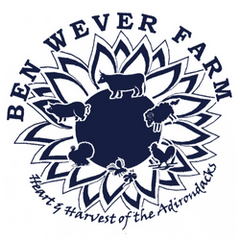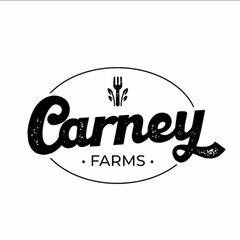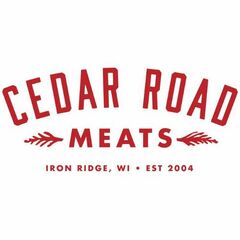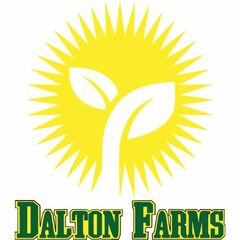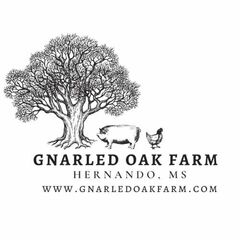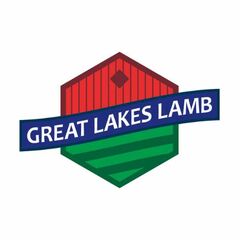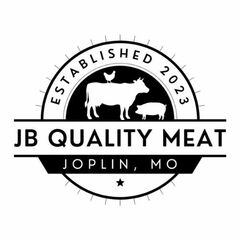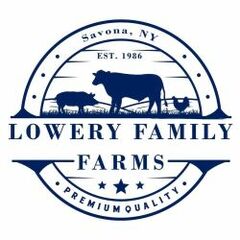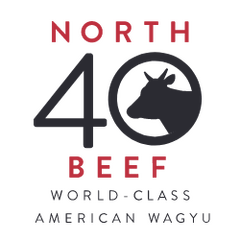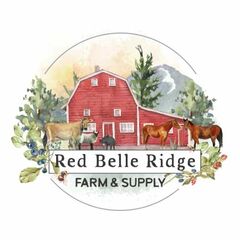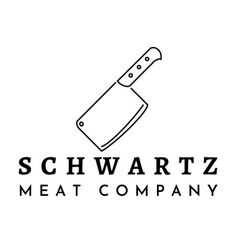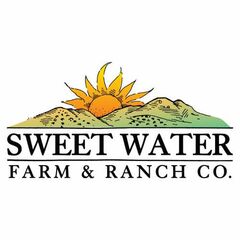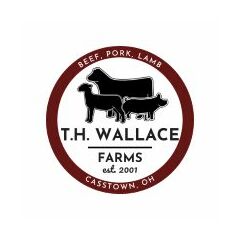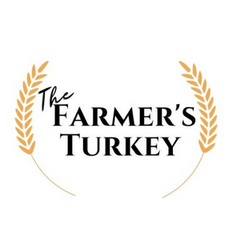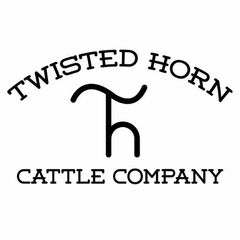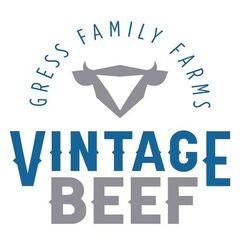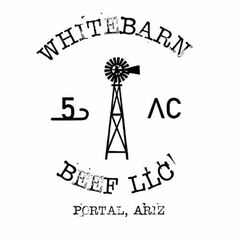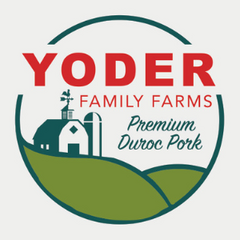Orders over $75 ship free from farms & butchers in your region!
Enter your zip code for the most accurate shipping info! Some exclusions may apply.
10 Facts about Farm-Fresh Pork!
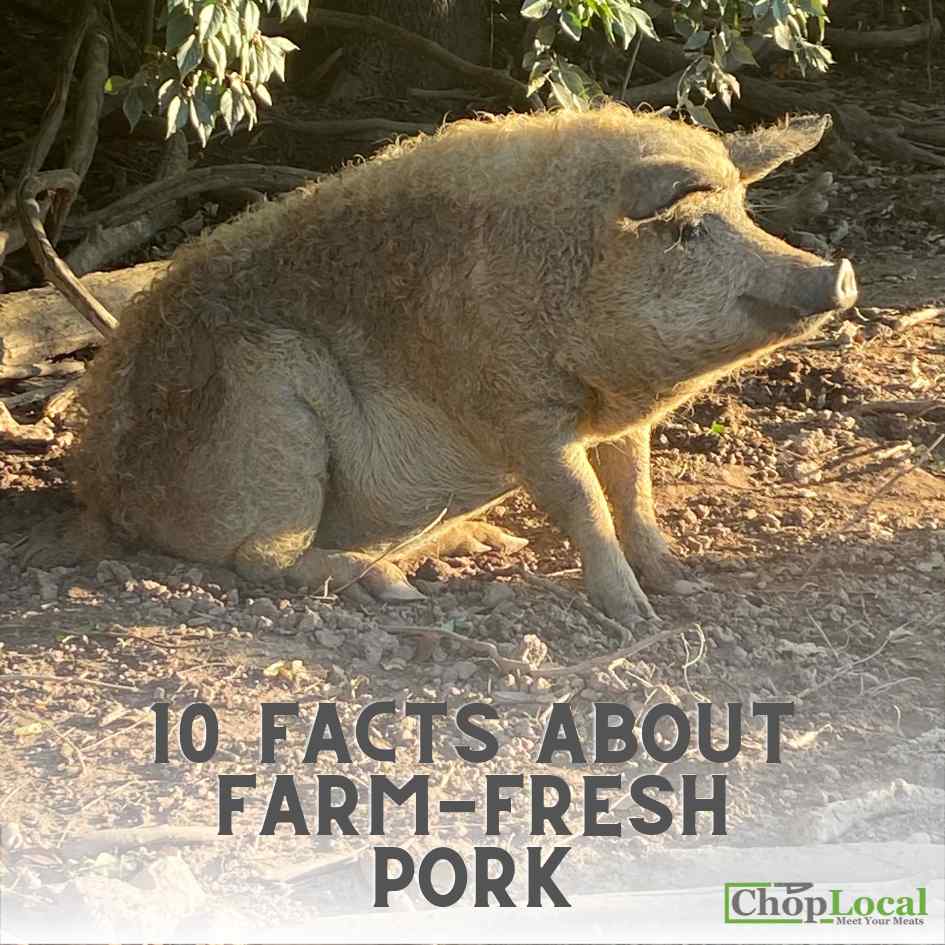
October is Pork Month, and to celebrate, we're sharing information about farm-fresh pork on this blog, our facebook page, our instagram channel, and in our email newsletter.
To kick things off, here are 10 Facts about Farm-Fresh Pork to whet your appetite!
1. World's Most Consumed Meat: Pork is the most widely consumed meat in the world. China is the largest consumer, followed by the European Union and the United States.
2. Nutrient-Rich: Pork is a good source of high-quality protein, vitamins (especially B-vitamins like B12 and niacin), and minerals (such as iron, zinc, and phosphorus).
3. Lean Pork: Although bacon is always a crowd pleaser, pork can be leaner than you might think. The loin and tenderloin cuts, for example, are relatively low in fat. (Loin means lean!) They can be a healthy part of a balanced diet.
4. Environmentally Efficient: Pork production can be more environmentally efficient than some other types of livestock farming. Pigs tend to convert feed into meat efficiently.
5. Trichinosis Rare: Trichinosis, a parasitic infection that can be contracted from undercooked pork, is very rare in modern pork due to strict government regulations and modern farming practices.
6. Culinary Tradition: Pork is an integral part of many traditional cuisines worldwide. Dishes like pulled pork in the United States, roast pork in Chinese cuisine, and pork vindaloo in Indian cuisine are just a few examples.
7. Pink Pork: One of the biggest misconceptions about pork is that it must be fully cooked until it is completely white and devoid of any pink color. While it's true that pork used to carry a higher risk of certain parasites, modern farming practices and food safety measures have greatly reduced this risk. In fact, pork can be safely consumed when cooked to an internal temperature of 145°F (63°C) with a three-minute rest time.
8. Heritage Breeds: Commercial hog farms use pigs bred for leanness. Many direct-to-consumer farmers raise heritage breeds like Duroc, Berkshire or Mangalitsa, which often result in a darker, more marbled pork product.
9. Transparency and Traceability: When you purchase directly from a farmer, you have the opportunity to ask questions about the farming practices, animal welfare, and any specific concerns you may have. This transparency allows you to make informed choices about the meat you're purchasing.
10. Supporting Local Agriculture: One great way to support support local agriculture and the livelihoods of small-scale producers is by purchasing meat directly from them! This helps maintain a vibrant and sustainable local food system.
Not sure where to find farm-fresh pork? Check out these farms!


